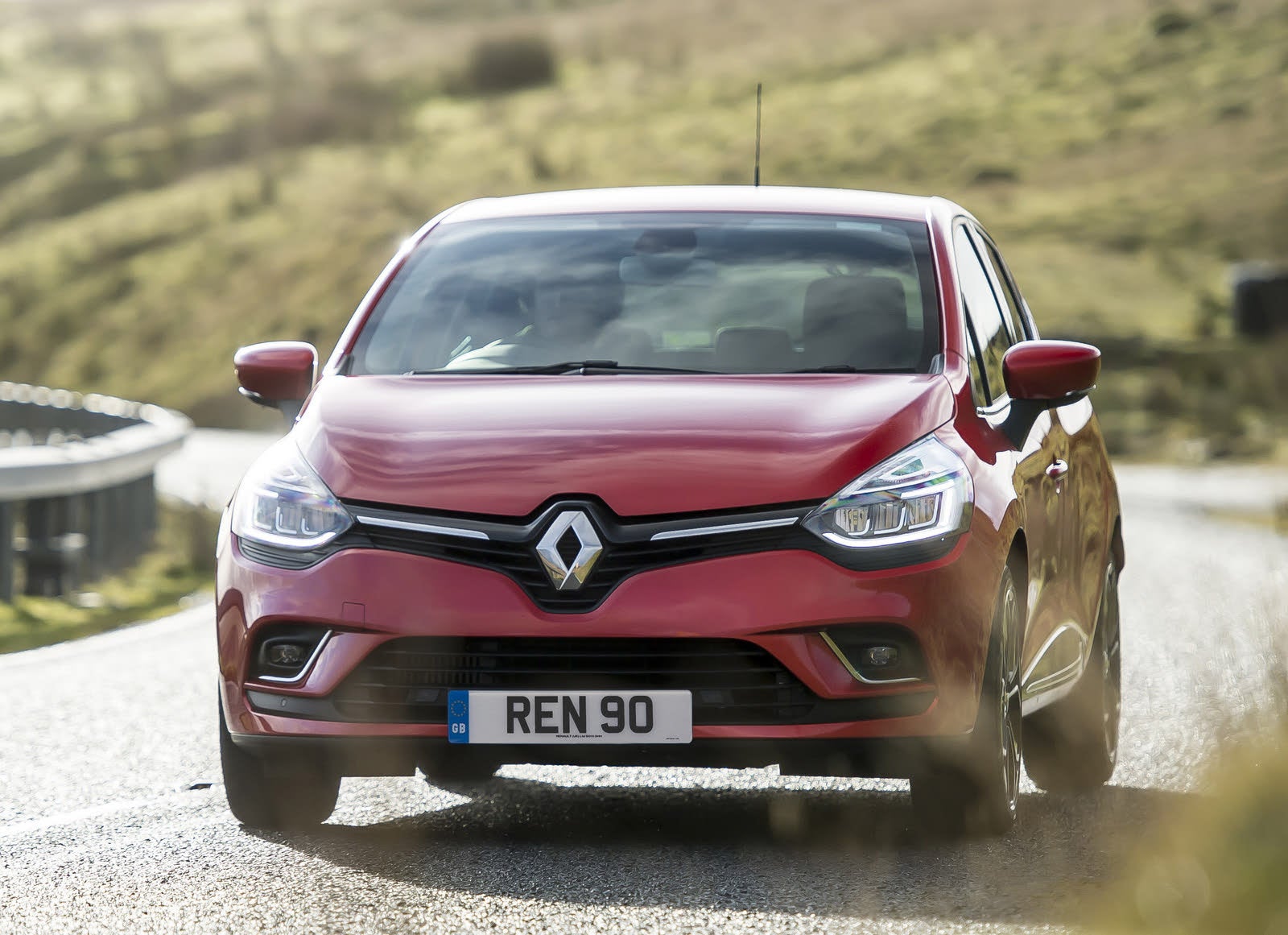The Driver and Vehicle Licensing Agency (DVLA) introduced the online licence check for England, Wales and Scotland in 2015 to replace the traditional paper counterpart of the driving licence. The idea is to use the the DVLA database to provide quick and easy access to up-to-date information about a person’s driving record, and to cut through some of the red tape and paperwork associated with driving and car ownership.
You can also use the service to share your driving licence details with a third party by requesting a code from the DVLA website. These are free to obtain and remain valid for 21 days.
How To Get a DVLA Driving Licence Check Code
- Why Might I Need a Check Code?
- What If I Still Have a Paper Licence?
- How To View Your Driving Licence Online
- How To Share Your Driving Licence
- Other Ways To Share Your Licence
Why Might I Need a Check Code?
Far from being for information purposes only, your online driving record is an integral part of how your driving licence works. You will be asked for both a DVLA check code and the photocard part of your licence anytime you need to be included on a car’s insurance to prove your entitlement to drive.
Typically, this would be if you’re booking a hire vehicle a vehicle from a rental company either in the UK or abroad (for the latter you might also need an International Driving Permit), if you are test driving a car, or if you are being included on your employer’s company car or pool car policy.
Your own car insurance company might also ask to check your driving licence information to make sure you aren’t making false claims about how many penalty points you have accrued, although it will need your permission to do so.
What If I Still Have a Paper Licence?
Until 1998, the driving licence was a single paper document, after which it was replaced by a credit-card-size photocard driving licence and paper counterpart. If you still use the pre-1998 non-photocard licence, you should keep hold of it. You will automatically be issued a photocard as a replacement when you change any details.
If you have a post-1998 licence with a photocard and paper counterpart, then the paper part can now be destroyed, because it has been replaced by the online system.
How To View Your Driving Licence Online
The easiest way to view your driving licence is online via the Government Driving Licence website. You’ll need to enter the characters of your driving licence number (as printed on the front of your photocard), your national insurance number (it should be on one of your payslips or a tax return), and your postcode.
In return, you’ll get a summary of your driving licence including your name, address, licence expiry date, what vehicles you are qualified to drive, and any penalties or disqualifications, along with their expiry dates.

How To Share Your Driving Licence
When you view your licence online, hit the tab entitled 'Get your check code', and you’ll see an onscreen button marked 'Get a code'. This generates a case-sensitive code, which you can share with a third party (such as a car hire company) to provide access to the relevant parts of your driving record. Simply give them the code, along with the last eight digits of your driving licence number.
It can also be a good idea to download a PDF of your online licence to either have on your smartphone or tablet, or take as a hard copy. The latter is a particularly good idea if you are hiring a car abroad: keep it as a backup in case the rental firm asks to see it. To generate a PDF, simply click the link beneath the case-sensitive code that reads: 'Print or save a driving summary'.
Other Ways To Share Your Licence
If you don’t have access to a computer, you can obtain a licence check by calling the DVLA on 0300 083 0013. Note, the service works only from 8am-7pm Monday to Friday, and from 8am-2pm on Saturdays, and some networks will charge extra for calling numbers starting with 03.
You cannot apply for a licence check code by post or via email, so no writing to Swansea, as you can with other motoring documents.

